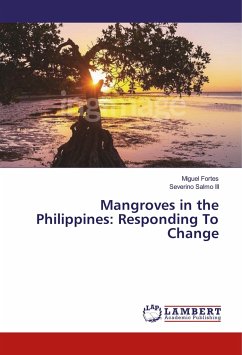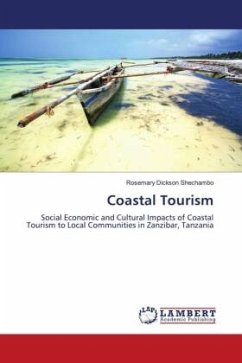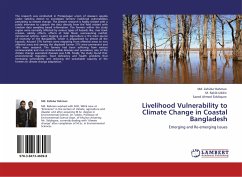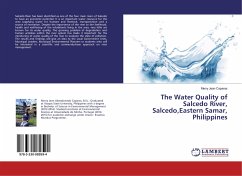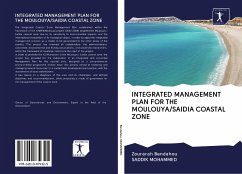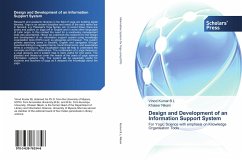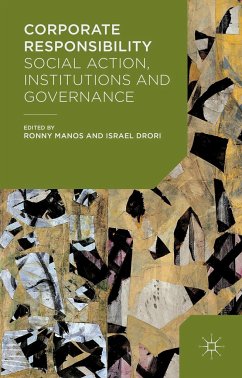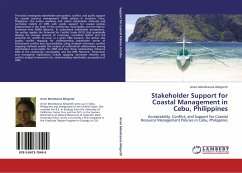
Stakeholder Support for Coastal Management in Cebu, Philippines
Acceptability, Conflict, and Support for Coastal Resource Management Policies in Cebu, Philippines
Versandkostenfrei!
Versandfertig in 6-10 Tagen
45,99 €
inkl. MwSt.

PAYBACK Punkte
23 °P sammeln!
This book investigates stakeholder perceptions, conflict, and public support for coastal resource management (CRM) policies in Southern Cebu, Philippines. The author examines and relates stakeholder attitudes and normative beliefs of CRM with public support for coastal policies implemented at the levels of the community, municipality, and the Marine Protected Area (MPA) Network. To understand stakeholder perceptions, the author applies the Potential for Conflict Index (PCI2) that graphically displays the average amount of consensus, normative beliefs, and the potential for conflict to occur in...
This book investigates stakeholder perceptions, conflict, and public support for coastal resource management (CRM) policies in Southern Cebu, Philippines. The author examines and relates stakeholder attitudes and normative beliefs of CRM with public support for coastal policies implemented at the levels of the community, municipality, and the Marine Protected Area (MPA) Network. To understand stakeholder perceptions, the author applies the Potential for Conflict Index (PCI2) that graphically displays the average amount of consensus, normative beliefs, and the potential for conflict to occur in a given CRM scenario. The author also applies conflict mapping for understanding stakeholder stories of institutional conflict and accountability. Using in-depth interviews, conflict mapping methods enable the analysis of institutional relationships among stakeholders accountable for CRM and how these relationships influence CRM at the community, municipality, and the MPA Network. Theoretical and managerial implications include applying normative theories and conflict analysis frameworks for understanding stakeholder perceptions of CRM.



